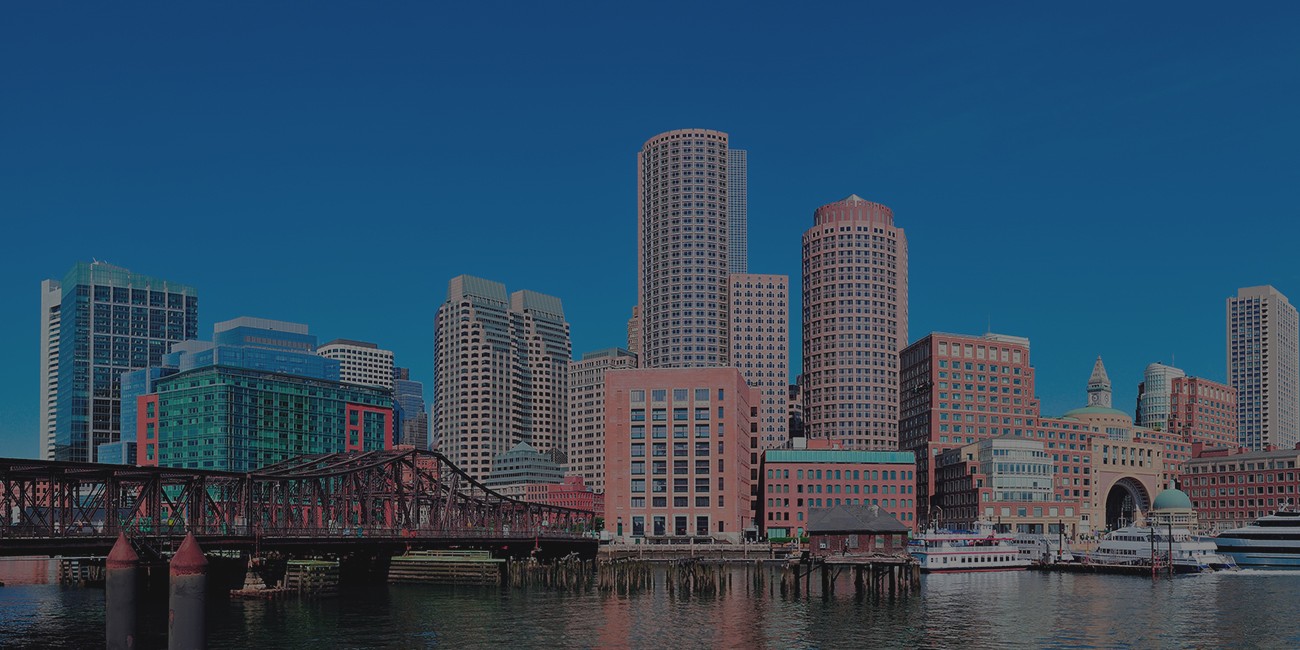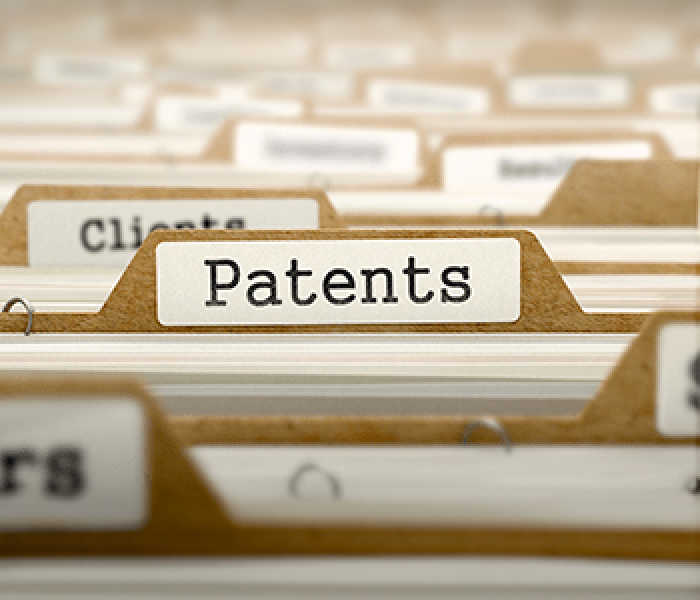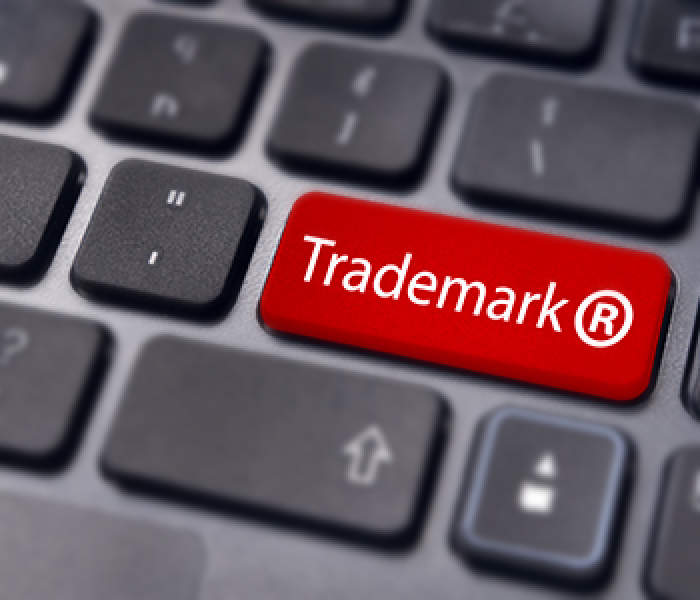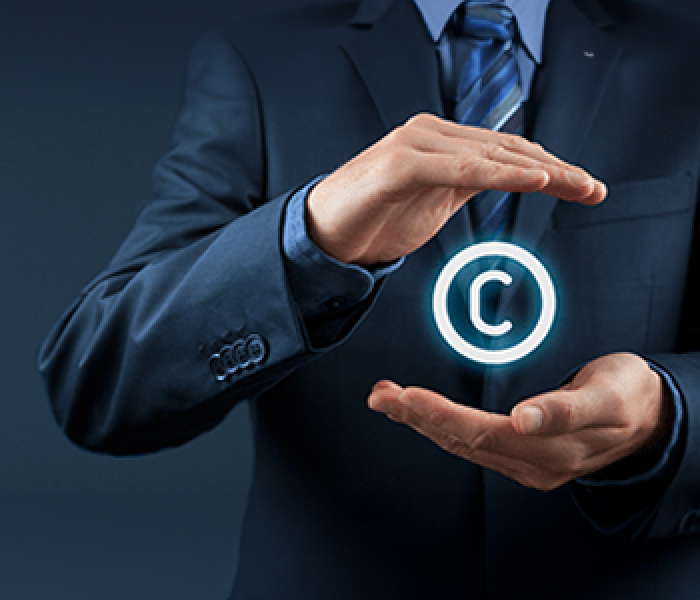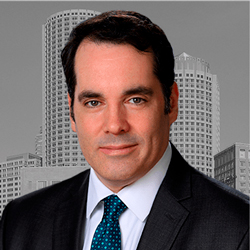Boston Patent Litigation Lawyer
Boston Intellectual Property Lawyers Representing Clients Worldwide
Chavous Intellectual Property Law is a boutique firm that provides strong legal representation to resolve disputes and litigate clients’ intellectual property rights. We also prosecute patent applications, obtain trademark rights, and procure copyrights to strengthen our client’s intellectual property portfolio. Understanding the importance of communication, we take the time to explain the risks and benefits of a particular strategy to a client so that they can make the right decision for their own needs. Our principal, David Chavous, has more than 15 years of experience and is familiar with industries involving pharmaceuticals, biochemistry, biotechnology, immunology, and medical devices. Based in Boston, our intellectual property attorneys efficiently serve clients ranging from startups to international companies around the United States and the world.
IP Litigation
Chavous Intellectual Property Law provides legal representation in disputes regarding patents and other forms of IP. If an inventor or company owns a patent that is infringed, then they must sue the infringer in federal district court. This requires a law firm that has knowledge of the patent law and an understanding of how to litigate effectively before the federal courts. Chavous Intellectual Property Law has this expertise and has successfully represented clients across a range of technology areas. Chavous Intellectual Property Law also has the expertise to institute proceedings before the International Trade Commission (ITC). Any company having a domestic industry may enforce their patent rights before the ITC against a foreign infringer.
Winning a case of infringement is not the end of the matter for a patentee. A patentee must be able to enforce the order and obtain relief for infringement. Potential forms of relief include monetary damages, injunctive relief, and exclusion orders. When a patent owner prevails in infringement litigation, the owner is entitled to recover monetary damages. If the owner of the patent practices the invention at issue, it may be able to recover lost profits or royalties. Injunctive relief is an order issued by the court ordering the patent infringer to stop producing or selling the infringing product or service. This should stop any illegal use of the patent. Chavous Intellectual Property Law has the expertise to obtain the monetary and injunctive relief that our clients need to make themselves whole. If the patent infringer is a foreign business, while the patent owner is domestic, and proceedings are brought before the ITC, our Boston patent litigation Chavous Intellectual Property Law attorneys can help obtain an exclusion order, which is similar to a permanent injunction. The exclusion order stops an infringer from importing products in which the infringed patent is used into the country.
Inter Partes Reviews and Appeals Before the USPTO
Chavous Intellectual Property Law provides representation for inter partes reviews and appeals before the United States Patent and Trademark Office (USPTO). An inter partes review (IPR) is a trial conducted to review the validity of a patent. The basis for review must be established under §§ 102 or 103, and it must be related to prior art consisting of patents or printed publications. If there is a first-inventor-to-file patent, the process starts with a third party petitioning either nine months after a patent is granted or a reissue patent is issued, or after a post grant review is concluded, whichever is later. An intellectual property lawyer at our Boston firm can institute and try the IPR to final resolution with our knowledge of the IPR process and our understanding of what is required to show that there is a reasonable likelihood that the petitioner would prevail with regard to at least one challenged claim. When the proceeding is started and not dismissed, the Board will issue a final determination with a year. Chavous Intellectual Property Law has also successfully represented patentees in dismissing IPR petitions and protecting the validity of claims attacked by an IPR petition.
Prosecuting Patents, Trademarks, and Copyrights
Our Boston-based intellectual property lawyers can develop a strategy for protecting your patents, trademarks, and copyrights. This often includes preparing and filing patent applications with the USPTO. To obtain a patent, you must have an invention that qualifies for a patent and must be able to describe the different aspects of the invention. Certain kinds of inventions do not qualify for a patent. These include laws of nature, mathematical formulas, and newly discovered substances that naturally exist. Similarly, printed matter that does not have a unique shape or structure, non-operable inventions such as perpetual motion machines, and most surgery protocols are not patentable.
A patent for an invention is a grant of a property right to the inventor issued by the USPTO. There are three kinds of patents: utility patents, design patents, and plant patents. Utility patents can be given to anybody who invents or discovers a new and useful machine, article of manufacture, process, or composition of matter, or another new and useful improvement. Design patents are given for new, original, and ornamental designs for an article of manufacture. Plant patents are given to inventors or discoverers who asexually reproduce a distinct and new variety of plant.
The term of a patent is usually 20 years from the date on which you filed the application for the patent. In some circumstances, it may be possible to get an extension or adjustment. The patent gives you the right to exclude others from making, using, offering for sale, or selling an invention in this country or importing such an invention into the country. The right is to stop or prevent others from taking certain actions with regard to the invention, rather than the right to use, make, sell, offer for sale, or import the invention. After a patent is issued, the patent owner enforces the patent without the help of the USPTO.
Guiding Businesses in Their Business Strategy as It Relates to IP
Chavous Intellectual Property Law can work with clients to determine the level of risk in a merger or another business acquisition of intellectual property. From our Boston office, our intellectual property attorneys also can advise clients worldwide on drafting IP-related provisions of merger agreements, stock purchase agreements, intellectual property assignments, licenses, the transfer of IP rights, and other related agreements. We can also research and review patent and trademark portfolios to decide the extent to which registers should be maintained and proprietary coverage. Other work that we do in this area includes conducting due diligence investigations to analyze the validity, enforceability, and scope of patent claims, providing patent validity and infringement opinions, conducting market analyses, searching trademarks, providing trademark clearance opinions, assisting in filing and searching copyrights, and counseling clients on their own trade secrets.
Retain an Intellectual Property Attorney to Help Grow and Protect Your Business
If you are looking for a Boston patent lawyer to litigate an intellectual property dispute or handle other aspects of IP for your business, Chavous Intellectual Property Law may be able to help you. We represent clients throughout the United States and the world. Call us at 351-207-5972 or contact us through our online form. We offer creative solutions to complex issues.
Practice Areas
Our Team
Contact Us
- 1 Free Consultation
- 2 Over 15 years of Experience in Patent Law
- 3 We Serve Clients Throughout the U.S. and the World

